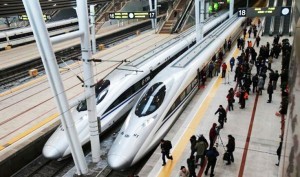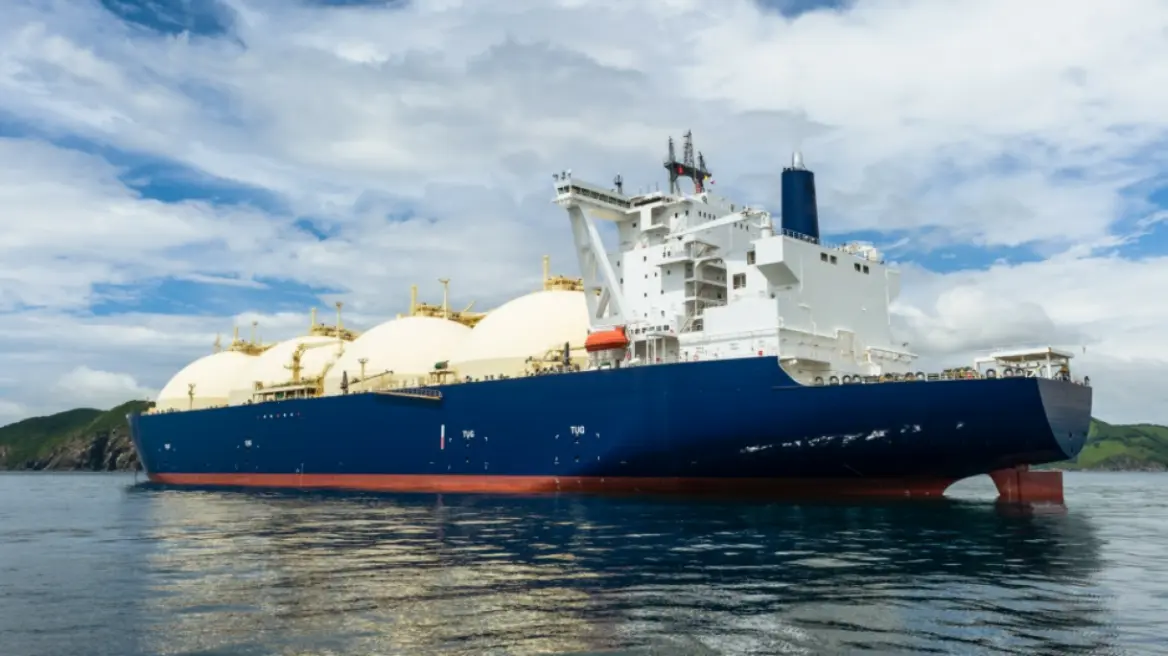Technology is applying scientific knowledge for the purpose of improving our every-day lives in practical ways. It includes the invention of the simplest tool or piece of equipment, like the wheel in the days of our forefathers, or the most advanced and intricate one like the quantum computer. Many nations have used technology to enhance their people’s lives. Here is a list of what are considered the most technologically advanced countries in the world:
12 China
Gun powder and the compass were first used in China. Today it focuses on fields such as robotics, semiconductors, high speed trains, supercomputers and genetics.
11. Netherlands
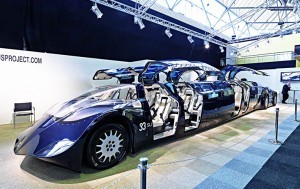
High-tech companies in the Netherlands manufacture telecommunication systems, computers, electronic measurement and control equipment, medical and scientific instruments, and electric switching gear and transformers. The nation has made significant strides with inventions like compact disc, artificial kidney, pendulum clock, telescope and microscope.
10. Singapore

Singapore is a business friendly environment and it is focused on high-tech production. Innovation is one the country’s driving forces behind its strong economy. The nation has reportedly the fastest internet in the world, with home internet speeds reaching up to 1Gbps.
9. Canada
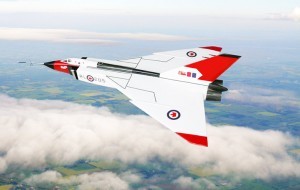
Canada has a highly developed technology industry, with its government constantly encouraging IT and technological industrial research through various programs. Biotechnology and space exploration are two fiends Canada is known for. It allocates nearly 2% of its GDP to RD, while it the country that introduced the chip less credit and debit cards.
8. United Kingdom
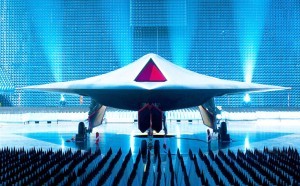
The UK was the first nation to become industrialised in the world. It is credited with the discovery of hydrogen, the locomotive engine and the jet engine.
7. Finland
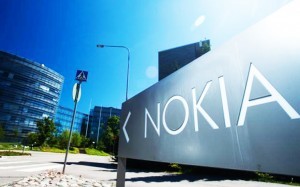
This small, 5.4 million European nation in Scandinavia is famous for its high-tech healthcare facilities, while many think of the brand ‘Nokia’ when they refer to Finland. Nowadays, Finland focuses more on biosciences, energy and environmental science.
6. Russia
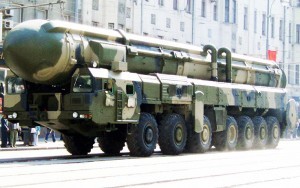
The Russians were the first to put a man in space and the first to put a human made object on the surface of the Moon. Russian is famous for manufacturing heavy machinery, while its defensive long-range surface to air, air to air ICMB missiles are considered the best in the world.
5. Germany

Germany has been a high-tech nation for decades. It is well-known for its achievements in the field of engineering. German research scientists have contributed in fields like space travel and nanotechnology. R&D efforts are an integral part of the German economy. Scientific research in the country is supported by the industry
4. Israel
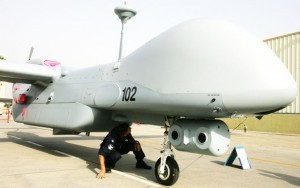
Around 35 percent of Israel’s exports are technology-related. Israel is one among the top five in space science. It is also known for its innovations in the defense industry. Israel developed the first unmanned aerial vehicle (UAV) with real-time surveillance.
3. South Korea
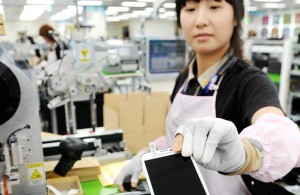
South Korea is the birthplace of technology companies like LG, Hyundai and Samsung. These brands are competing with global technology brands like Apple and Toyota. South Korean scientists have made significant contributions in fields like robotics. The average internet speed in South Korea is thrice that in the US.
2. United States
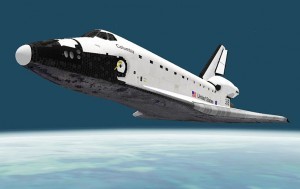
The advances in space technology have played a significant role in making the United States of America a global superpower. From the atomic bomb to landing Neil Armstrong on the Moon. Space exploration, pharmaceuticals, defense system and telecommunications have been United States’ main focus for many decades. This nation has the most powerful and technologically advanced military in the world. This nation has produced the world’s biggest technology companies like Google, Facebook, Apple, Intel, IBM and Microsoft.
1. Japan

Japan is well-known for its scientific research. Research scientists of Japan have made immense contributions in various fields like automobiles, electronics, machinery, earthquake engineering, optics, industrial robotics, metals and semi-conductors. The nation has been looking to become less dependent on imported fuel since 1973. Its efforts bore fruit in 2008, when it inaugurated seven nuclear reactors. Nuclear reactors supply around 34 percent of the nation’s electricity. Japanese researchers have won many Nobel Prizes.
Ask me anything
Explore related questions

